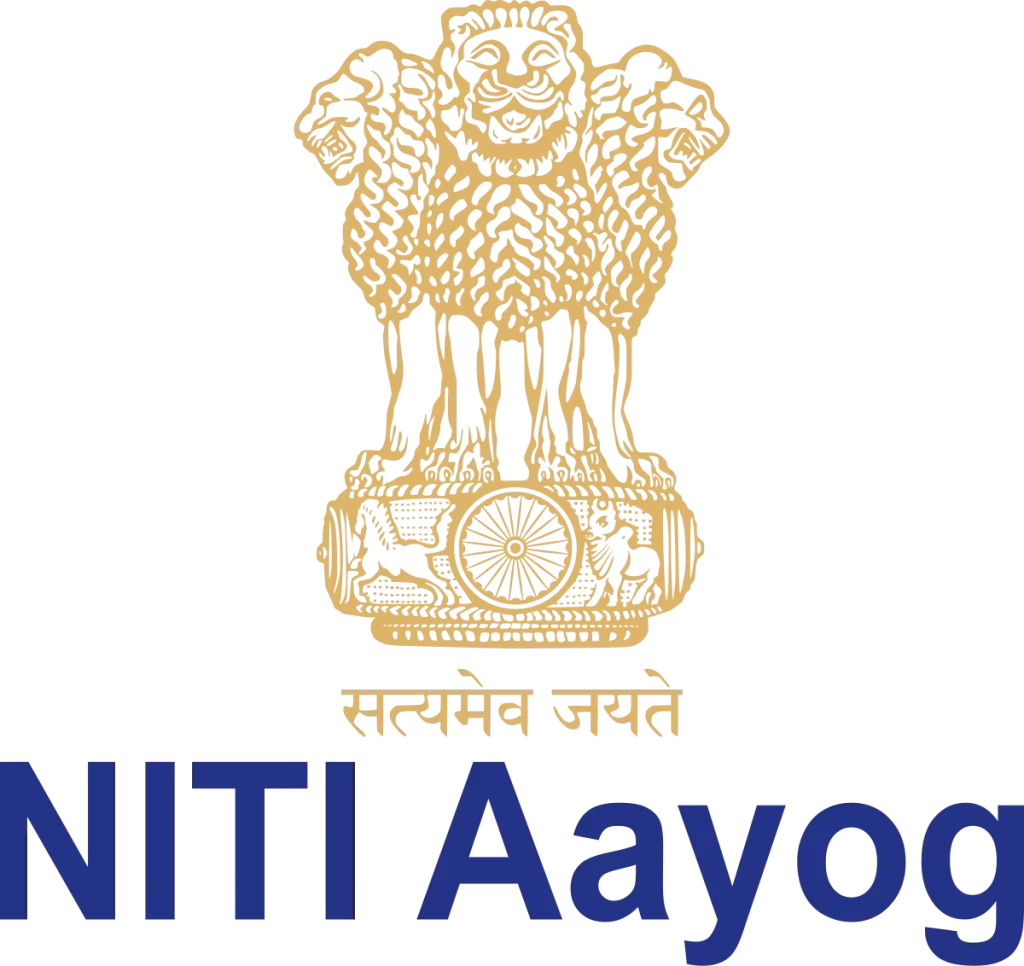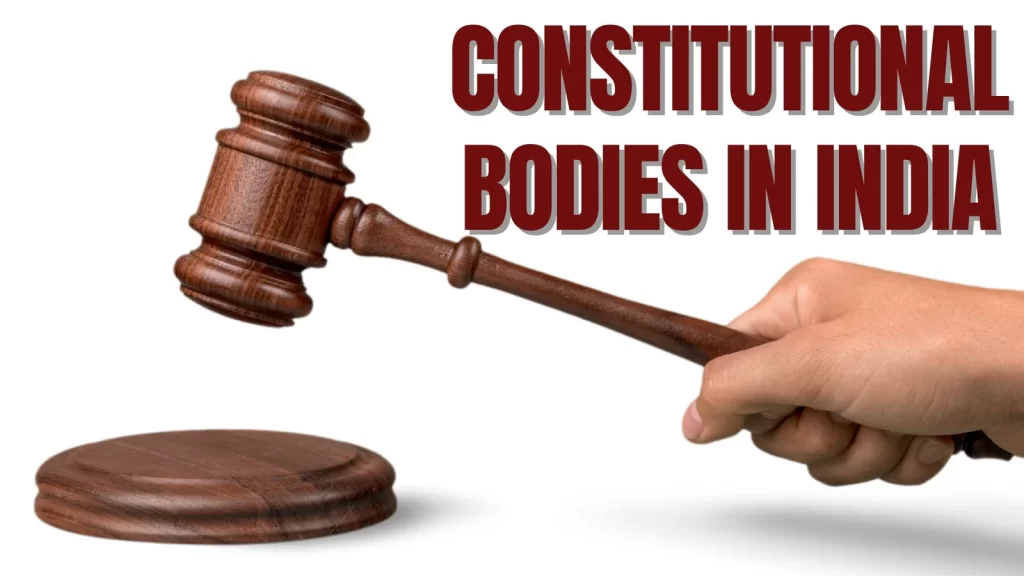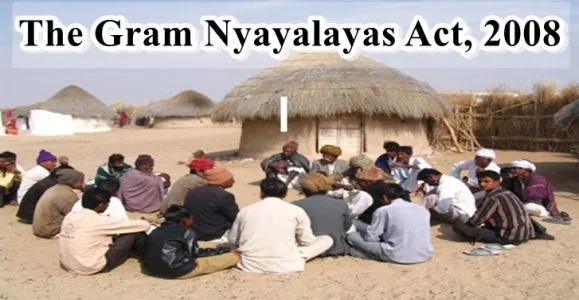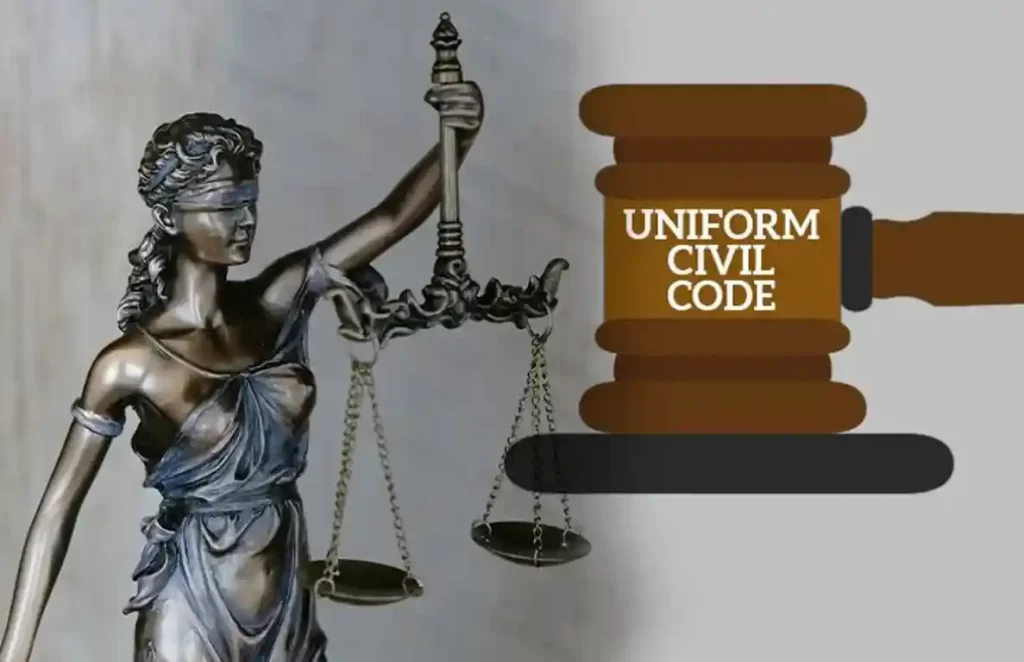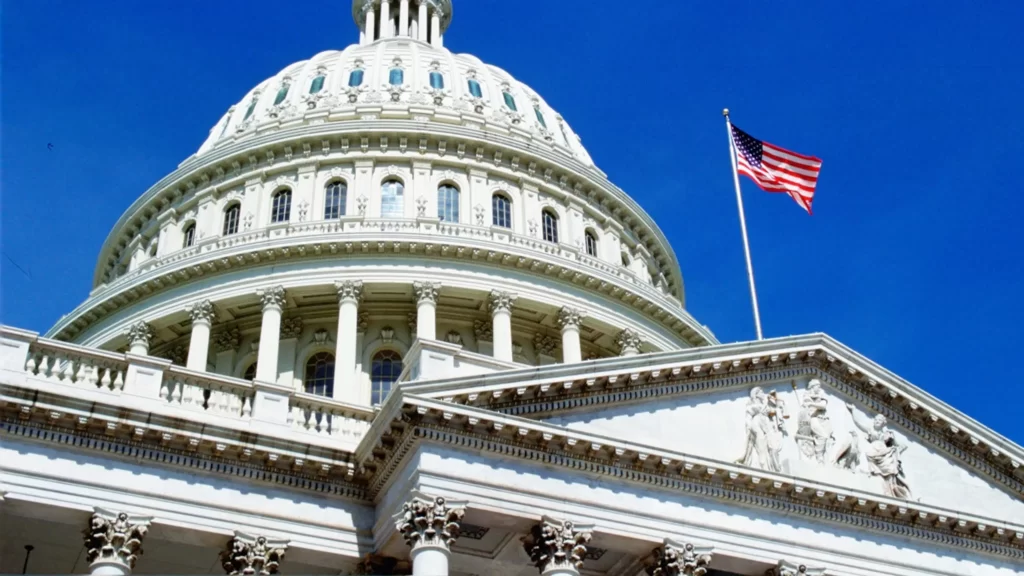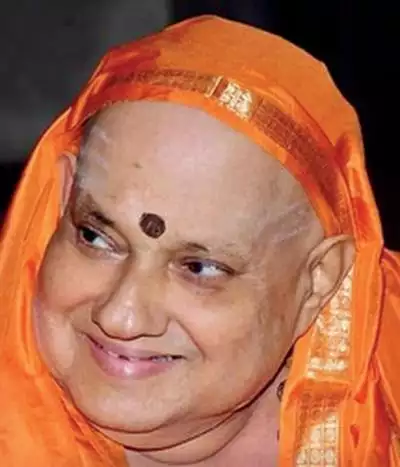Fifth and Sixth Schedules were discussed and passed by Constituent Assembly between September 5-7, 1949. These two schedules provide for alternate or special governance mechanisms for certain ‘scheduled areas’ in the mainland and certain ‘tribal areas’ in northeastern India.
Fifth Schedule of the Indian Constitution
- The provisions regarding the administration and control of Scheduled and Tribal Areas of any state except the four states are mentioned under this schedule: Assam, Meghalaya, Tripura, and Mizoram.
- Article 244 (1) of the Indian Constitution defines Scheduled Areas as the areas defined so by the President of India and are mentioned in the fifth schedule of the Constitution. In India, there are 10 states having scheduled areas. Article 244 deals with the Scheduled and Tribal Areas.
Sixth Schedule of the Indian Constitution
- This schedule deals with the administration and control of the scheduled and tribal areas of the four states of the northeast, that are excluded in the fifth schedule: Assam, Meghalaya, Tripura, and Mizoram.
- The Sixth Schedule under Article 244 (2) of the Constitution relates to those areas in the States of Assam, Meghalaya, Tripura and Mizoram which are declared as “tribal areas” and provides for District or Regional Autonomous Councils for such areas.
Definition of Scheduled and Tribal Areas
The areas inhabited by the socially and educationally backward ‘Aboriginals’ are called Scheduled Areas.
Quick Facts about Scheduled Areas
- Part 10 of the Indian Constitution entails the provisions related to Scheduled and Tribal Areas with Articles 244 – 244 A.
- President is empowered to declare an area as Scheduled Area
- With the consultation of the governor of the state, the President can alter, add, diminish the boundary of a Scheduled Area
- Both the Centre and the State have their roles to play in the administration of the Scheduled areas. While the governor of the state has to report annually to the President over the management of such area, the Centre gives directions to the state regarding the administration of such areas.
- A tribal advisory council is a must for the states having scheduled areas
- It has 20 members (Three-Fourth of which are Scheduled Tribes’ representatives in that state legislative assembly.)
- The power to decide whether any central or state legislation implies over the state having scheduled areas, lies in the hands of the Governor.
- Governor can also repeal or amend any regulations w.r.t to the state having scheduled areas but only with the assent of the President of India
- The first commission to report on the administration and welfare of the Scheduled Areas was established in 1960 and was headed by UN Dhebar.
- There are 10 states having scheduled areas:
- Andhra Pradesh
- Chhattisgarh
- Gujarat
- Himachal Pradesh
- Jharkhand
- Madhya Pradesh
- Maharashtra
- Odisha
- Rajasthan and
- Telangana
- Criteria for the declaration of the Scheduled Area:
- Prominent numbers of tribal population, i.e. when tribal people are in majority in an area
- Compactness and reasonable size of the area
- A viable administrative entity such as a district, block or taluk, and
- Economic backwardness of the area as compared to the neighbouring areas.
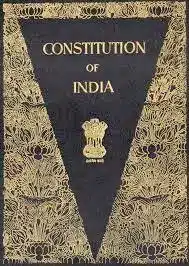
Quick Facts about Tribal Areas
- Sixth Schedule mentions the provisions related to the tribal areas of the four states – Assam, Meghalaya, Tripura and Mizoram
- Sizeable amount of autonomy has been given to the people belonging to the tribal areas of these four states to govern themselves
- The tribal areas in these four states come under the name of ‘Autonomous Districts,’ but the state still has its executive authority over them
- The power to organise and reorganise the tribal areas as autonomous districts lie with the governor of the state. He can also alter the name, boundary of such tribal areas.
- One autonomous district can have different tribes, which for better administration is divided into autonomous regions by the governor
- There is a district council for each autonomous district:
- It has 30 members
- Four are nominated by the governor – They perform their duties during the pleasure of the governor
- 26 are elected using the adult franchise – Their term of office is five years.
- It has 30 members
- There is a separate regional council for each autonomous district
- The laws related to the following can be made by the regional and autonomous councils with the assent of the governor:
- Land
- Forests
- Canal water
- Shifting cultivation
- Village administration
- Inheritance of property
- Marriage and divorce
- Social customs
- The territorial jurisdictions of autonomous and regional councils may or may not have village councils and courts of trials of suits to mend issues rising between tribes. Such cases can also be taken over by the High Court but only after being specified by the governor.
- The central and state acts do not apply to these autonomous and regional councils (unless modified and accepted.)
- The tribal areas in the four states are given below:
- Assam
- North Cachar Hills District
- The Karbi Anglong District
- The Bodoland Territorial Areas District
- Meghalaya
- Khasi Hills District
- Jaintia Hills District
- The Garo Hills District
- Tripura
- Tripura Tribal Areas District
- Mizoram
- The Chakma District
- The Mara District
- The Lai District
- Assam
- The District Council and the Regional Council under the Sixth Schedule have real power to make laws, possibility on the various legislative subjects, receiving grants-in-aid from the Consolidated Fund of India to meet the costs of schemes for development, health care, education, roads and regulatory powers to state control.
- Ethnic security is the most important factor.
- However, the Sixth Schedule has its own shortcomings; breakdown of law and order, elections not being contested, rather than empowerment there is exclusion that fails to provide much-needed protection to tribes in the absence of political will, and live by the mercy of government funds.
Also refer:
- Download the pdf of top 50 Science Questions From Previous Year UPSC Prelims
- Top 50 Science MCQs For Competitive Exams
- Know About The Different Financial Sector Regulators In India
- Leader of the Opposition in India.

